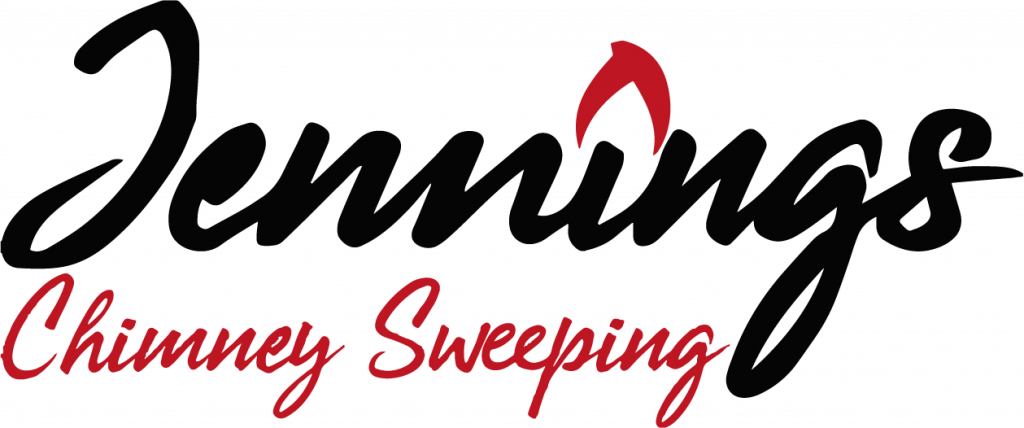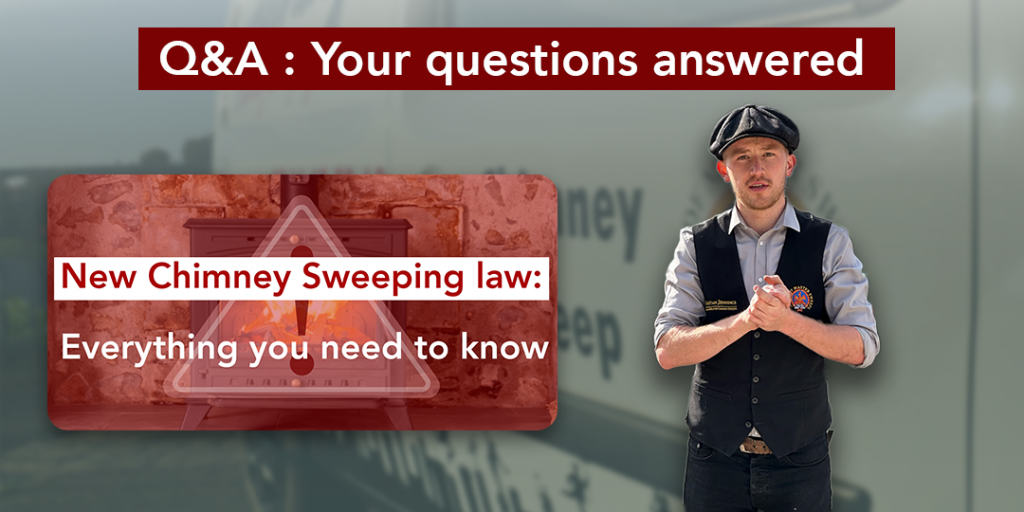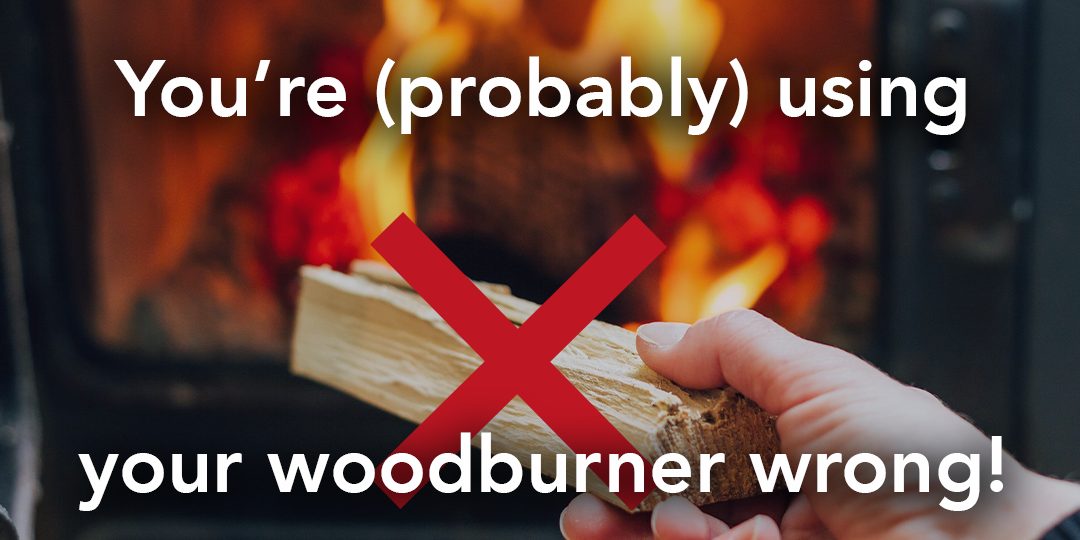Sunday 1st October 2023 caused monumental shift in the world of Chimney Sweeping obligations in France as Decree 2023-641 came into effect. We launched a blog post breaking down the new decree into digestible information for the homeowner to stay informed without having to trawl through pages and pages of legal documents. Since launching said blog post, we have received multiple questions regarding the new decree and what it means for you. We have consolidated your questions and answered them below.
Is this an actual law or just a change in regulation?
This is a new Law which came into effect by governmental decree on 1st October 2023.
Do I have a year in which I need to have my chimney swept i.e. before 1st October 2024?
No, this is not how the new law has been applied. If you plan to use your chimney this coming winter, you must either hold a professionally issued certificate de ramonage dated within the last 12 months or must arrange for the chimney to be swept before using it.
I am a holiday home owner, does this apply to me?
Yes. There have been no additional provisions made for residents and non-residents. If you use your chimney, the law applies to you too.
What if I don’t use my fire very much?
The new law does not take into account the amount of use the chimney receives. Bear in mind that you can take a brand-new flue liner and block it completely with tar etc in just 60 hours if burning poor fuel at low temperatures! If you are using your chimney, even just once, legally you are required to hold a professionally issued certificate de ramonage.
I haven’t used my chimney in years, do I need to have it swept before I can use it again?
If you have not used your chimney for a period of 12 months or more, you will not need to hold a valid certificate de ramonage over this period. However, if and when the time comes to light a fire, you will need to arrange for the chimney to be swept before you use it again.
I haven’t used my chimney since it was last swept more than a year ago, do I need to have it swept before use, even though it’s still ‘clean’?
Yes. Unfortunately, there are no additional provisions made for this situation. Chimney systems can and do change over time, so getting it inspected during the sweep is never a bad thing in any case.
I don’t use my chimney at all, do I still need to have it swept?
No. If you have a chimney which is functional but you choose not to use it, you do not need to have it swept
I am renting, do I have to arrange to have the chimney swept or does my landlord have to do it?
The obligation to have the chimney swept falls to the tenant who is responsible for making sure the chimney has been swept and for paying for the service. If however there is an appliance servicing multiple dwellings such as a central heating boiler for a block of flats, the obligation then falls to the whoever is responsible for the entire residence i.e. the property’s trustee.
My home insurance policy doesn’t require me to hold a valid certificate de ramonage – Do I still need to have it swept?
Yes. This decree is a legal obligation and has nothing to do with insurance obligations. We still recommend confirming with your insurance agent that you are filling your policy requirements, none the less.
I’ve always swept my own chimney and never had a problem. Why do I now need a professional to do this for me?
If you have never had a professionally trained chimney sweep sweep your chimney before, you may be surprised to learn that the cleaning of the chimney is only a small part of the appointment. Qualified Chimney technicians are incredibly well versed in the complexities of solid fuel heating systems. From looking at the deposits removed from the chimney, in tandem with inspecting the entire system, we are able to offer bespoke advise helping you reduce the amount of fuel you are burning (Many of my own clients report reductions of 25% or more after their first appointment), confirm your system is working correctly, efficiently and safely and from teaching better burning techniques, are able to help majorly reduce the polluting potential of your appliance – It is for these reasons that the government now require professionals with expert knowledge to maintain appliances.
Have another question we haven’t answered above? Let us know.





